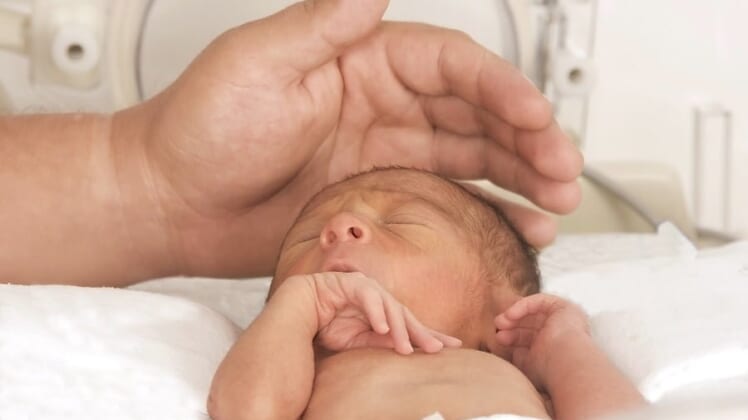
Vulnerability to type 2 diabetes can begin in the womb, according to a new study. While type 2 diabetes is typically considered to be a disease that develops as a person grows older, new research suggests that the foundations for it may be set into place before a baby is even born. The study, conducted with baboon primates, found that when mothers were even moderately undernourished while pregnant and breastfeeding, their offspring were consistently found to be prediabetic before adolescence. The offspring of the mothers who were appropriately nourished, on the other hand, showed none of the warning signs for diabetes. “We pass more biological milestones before we are born and in the early weeks of life than at any other time,” explained Peter Nathanielsz, senior author of the study. Therefore, poor nutrition at critical periods of development can hinder growth of essential organs such as the pancreas, he added, which may then significantly decrease in its ability to secret insulin. Insulin deficiency is one of the hallmarks of diabetes. Type 2 diabetes is an escalating health crisis worldwide. According to the World Health Organization (WHO), 366 million people will be diabetic by the year 2030 – a 114 percent projected increase from the year 2000. While the disease was formerly called “adult-onset diabetes,” type 2 diabetes is developing increasingly in children at earlier and earlier ages. Known causes include excess body weight and physical inactivity, but Nathanielsz wanted to find whether some individuals might be predisposed to diabetes from birth. The study was published by the American Physiological Society and funded by the National Institute of Diabetes and Digestive and Kidney Diseases.
